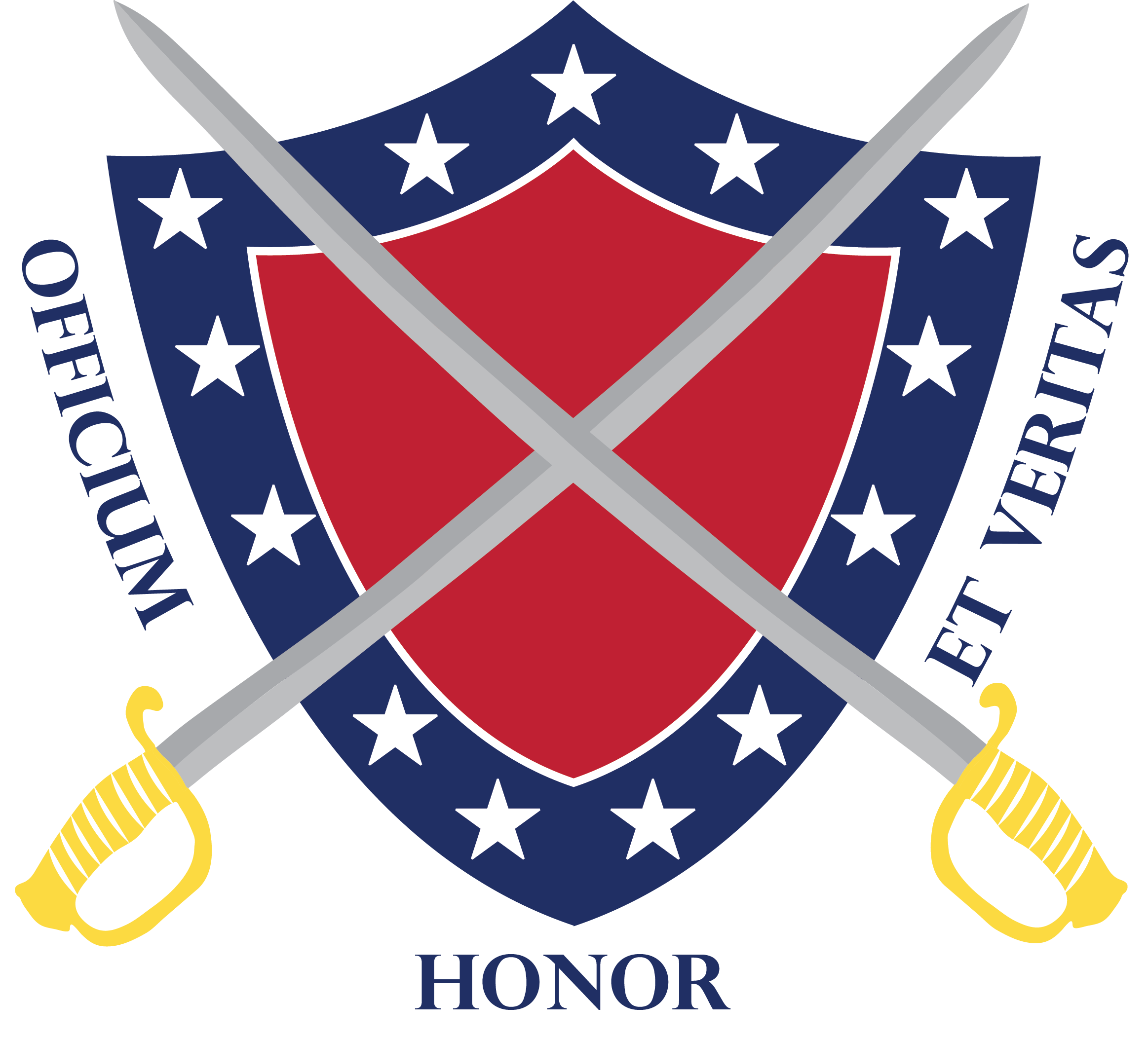
Edwin M. Stanton, Would-Be Dictator
It would seem, from his commentary about others, that Lincoln’s Secretary of War, Edwin M. Stanton, had an inflated concept of his own abilities and a diminished view of the abilities of others. He was definitely not a practitioner of the Christian virtue of having a meek and humble spirit (James 4:6).
Revised History – Edwin M. Stanton, Would-Be Dictator PDF
It would seem, from his commentary about others, that Lincoln’s Secretary of War, Edwin M. Stanton, had an inflated concept of his own abilities and a diminished view of the abilities of others. He was definitely not a practitioner of the Christian virtue of having a meek and humble spirit (James 4:6). He quite often spoke abusively of Lincoln and others in the administration. He referred to Lincoln at one point as “the original gorilla.” After becoming Secretary of War his disposition toward Lincoln did not improve. At one point he said to Judge Advocate General Joseph Holt, “Well, all I have to say is, we’ve got to get rid of that baboon at the White House!”
W. C. Prime, who did a biographical sketch of General McClellan for McClellan’s autobiography, said that the abolition of slavery was really a war measure. McClellan’s success in 1862 would have been disastrous for the Radical Republicans. Should the Union have been restored at that point the issue of slavery would not have been there for them and they would not have had the opportunity to turn ex-slaves in the South into a voting block they could use to bludgeon the Southern states with.
Prime’s assessment of Stanton was interesting. He said: “Mr. Stanton was a lawyer of moderate abilities, a man of peculiar mental constitution. Without moral principle or sense of personal honor, he was equally ready to change front in public politics and to betray a friendship, and was, therefore, eminently suited for the purposes for which he was selected by the men with whom he had formed a secret alliance…Those who knew him were in the habit of describing him as one of those who ‘always kick down the ladder by which they have climbed.’ His ambition was unbounded and his self-reliance absolute.”
Part of Stanton’s problem with McClellan may well have been McClellan’s view of government, which was probably built on McClellan’s Christian faith. According to McClellan: “The only safe policy is that the general government be strictly confined to the general powers and duties vested in it by the old constitution, while the individual states preserve all the sovereign rights and powers retained by them when the constitutional compact was formed.” This view was hardly entertained by the Lincoln administration and may well explain why McClellan would have to go–and not too far down the road. Now I realize that McClellan was not the most vigorous general on the battlefield and that Lincoln had problems with that. But his view of government was definitely out of step with that of the Lincoln establishment.
Needless to say, McClellan’s worldview was anathema to someone like Stanton. According to the book “The Lincoln Conspiracy”, by David Balsiger and Charles E. Sellier, Stanton, as Secretary of War, controlled the nation’s military news through nationalization of the telegraph wires. He controlled the transportation system. His control over the lives of private citizens was said to be almost complete. Even President Lincoln was denied the right to see telegrams that came to the War Department. Bear in mind that Stanton was not even an elected official. He was appointed. Which means he could do whatever he wanted with no public accountability whatever. Sort of sounds like today, doesn’t it?
